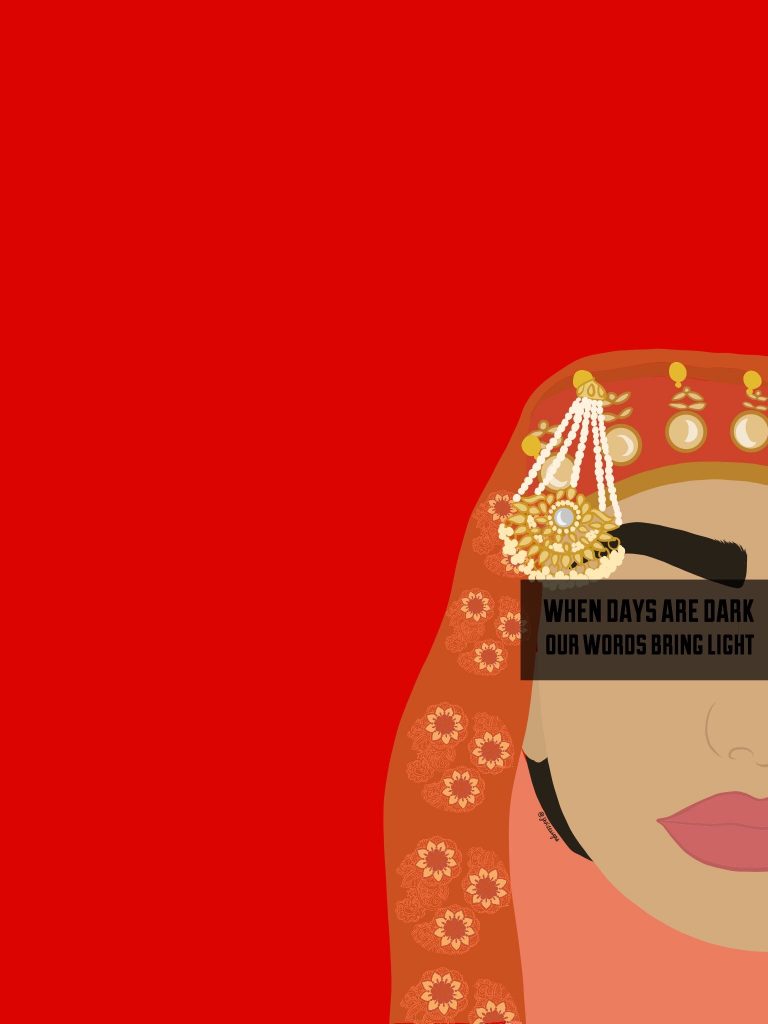
Much has already been said about Priyanka Chopra-Jonas’ response to a question asked by Ayesha Malik at Beautycon in Los Angeles in mid-August. The commentary ranged from Priyanka’s flippant and condescending dismissal of the question being asked, her hypocritical views on empowering women and colourism, her flip-flopping use of the term “exotic,” or her role as a UNICEF goodwill ambassador contradicting with her pro-war sentiments on Twitter. However, I don’t want to use this space to deconstruct the position of Chopra-Jonas. Instead, I want to talk about how we, the South Asian community, can reflect on this interaction and take an introspective look at ourselves.
[Read Related: Ayesha Malik Talks Priyanka Chopra Confrontation at Beautycon and Reveals Full Question]
The week of the 14th and 15th of August is important for Pakistanis and Indians, who respectively celebrated independence from the British Raj.
I urge those with nationalistic and patriotic fervor to take a step back and think about the irony of the events. The British Raj was a colonial rule that stripped native Hindustanis of their rights, their ability to own land, there was rampant oppression systemically and individually, curfews, a sense of ownership and control by the British. The partition from the Raj came as a response to the oppression and from a desire for autonomy. The consequential creation of India and Pakistan was bloody; with millions of lives lost, countless families torn apart and caused the largest land migration in human history. Now, 73 years later—both countries have in turn tried to do the same thing to Kashmir, with the most recent act of systemic oppression undertaken by Modi’s government—the most severe of its kind in the region’s history.
[Read Related: ‘Paradise Has Fallen’: The State of Jammu & Kashmir Post Article 370]
At this point in time, we have to take a critical look at our own sense of patriotism, which is often thinly-veiled nationalism when it comes to India-Pakistan issues. How simply did Chopra-Jonas dismiss Maliks’ criticism by calling herself “patriotic,” using it to justify her support for a war that will potentially render thousands dead and leave Kashmir’s existence hanging in the balance?
Patriotism is feeling a sense of pride in your country, celebrating its successes and sharing its pain. Patriotism leaves space for you to criticize your country when it violates fundamental human rights. Patriotism does not ask for blind obedience, nor does it cast you aside if you disagree.
While nationalism is feeling pride for and supporting your country no matter what it does. Nationalism puts power and territory above all else; above the lives of innocent civilians, military personnel expected to die in the name of the country, above morals, ethics, and human rights.
During a time as divisive as now, where nationalism is creating a wave of violence and terror across the globe, to cite “patriotism” as a reason for supporting war is trite. It is a meaningless euphemism for nationalistic zeal. Now is not the time for influential people to propagate the nationalist pro-war propaganda, from either side. Now is not the time to turn a blind eye on Kashmir and try to cover it up as “patriotism.” Now is the time for South Asians around the world to urge their leaders to look for peaceful solutions, to look within their own communities and build bridges between ethnicities, religious sects, countries. Now is the time to have conversations with our parents, our aunties, and uncles, those who continue to propel a divisive narrative. We may not be able to change the atrocities of the past or erase the horrors and generational aftermath of partition. But we, the South Asian youth, can change the future of our nations; and we can do this by putting to rest false notions of nationalism.
In the weeks leading up and after the independence day celebrations of both nations —India and Pakistan—lost are the lives and stories of the Kashmiri people. More is being said on social media platforms about the Beautycon incident – yet again in the larger discourse, the reality of the conflict in Kashmir is becoming a footnote in the conversation.




